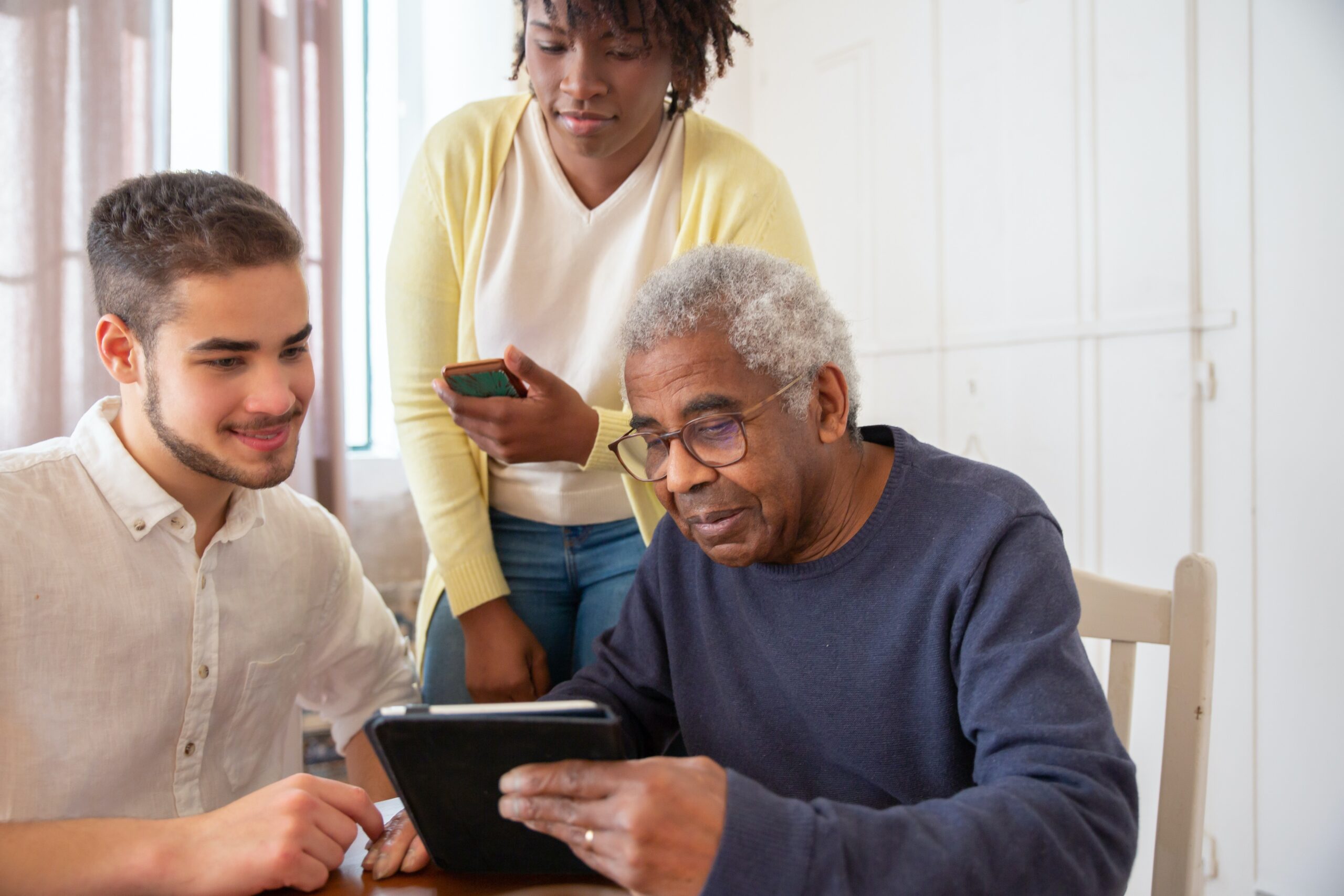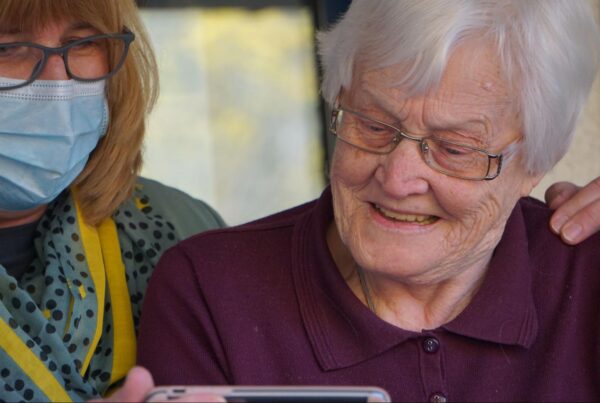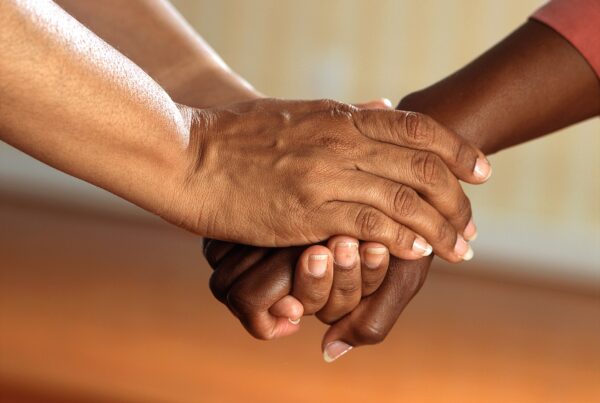Advanced health care has played a major role in improving the quality of life for elders. It has significantly contributed to increasing life expectancy and reducing disability rates among the elderly.
The advancement of technology has played a vital role in the success of advanced health care. Technology can help to monitor their health, provide them with information and support, and even help to prevent falls. This article will explore the role of technology in advanced health care for elders.
Fitness Technology
Fitness technology can play an important role in the lives of elders. It can help them stay active and independent while also providing a way to connect with others.
Various fitness technologies are available, from simple pedometers to more advanced systems that track activity and heart rate. Some devices even offer online or app-based programs that provide motivation and guidance.
Fitness technology can be especially beneficial for those dealing with chronic conditions such as diabetes or heart disease. By tracking activity levels and vital signs, elders can work with their healthcare providers to manage their condition and stay healthy. In addition to physical health benefits, fitness technology can also improve mental well-being.
Apps
Some apps can help with things like keeping track of medications, staying organized, and exercising. Other apps can provide entertainment and social interaction.
Some popular apps for seniors include Medisafe, which helps manage prescriptions and prevent drug interactions; Evernote, a productivity app that helps organize and take notes; and Fitbit, which encourages users to stay active and track their progress. There are also a number of games and social networking apps that can help keep seniors engaged and connected to friends and family.
Most app stores have a section specifically for “apps for seniors” or “active aging,” making finding the right app easy.
Mobility Devices
According to the National Institute on Aging, “about one in four Americans over age 65 have difficulty walking.” This limitation can make simple tasks, such as getting out of bed or going to the bathroom, very difficult.
Many mobility devices can help elders stay independent and safely navigate their homes. For example, canes and walkers provide support and stability when walking. Wheelchairs and scooters can help those who cannot walk long distances or stand for long periods.
Mobility devices provide many benefits for the elderly. They can help seniors stay active and independent and allow them to participate in activities they enjoy. In addition, mobility devices can help reduce the risk of falls and injuries.
Internet
Many seniors use the internet to stay in touch with family and friends who live far away. They can easily have face-to-face conversations without leaving their homes with video chat applications like Skype and FaceTime. Additionally, social networking sites like Facebook allow them to keep up with what’s going on in their loved ones’ lives without having to wait for a phone call or letter.
Conclusion
Technology plays a vital role in the lives of elders. It helps them stay connected with loved ones, stay active and engaged in their communities, and maintain independence. As our population ages, it is important to ensure that elders have the resources and support they need to make the most of technology.






